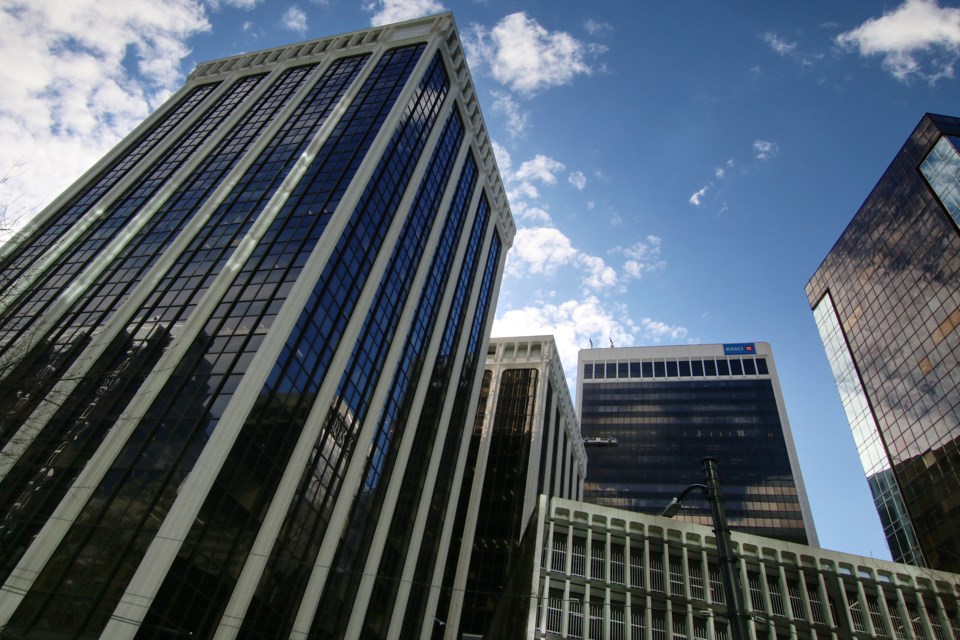Office vacancies continue to climb in downtown Vancouver, according to Avison Young (Canada) Inc.
The commercial real estate agency’s June 28 report notes head leases – the primary lease signed between a tenant and property manager – account for 76 per cent of the total increase in vacancies over the second quarter.
“This could suggest occupiers were waiting until their leases expired before cutting back on space – and it is expected that this trend will proliferate,” said the report.
The report identifies three reasons for companies wanting to wait until their leases expires:
- Spaces with specific buildouts, such as tech-based spaces, have been in lower demand over the last year. Tenants with similar industry-specific needs may have held off subleasing as a result.
- There may be restrictions from landlords on leasing space.
- There may be a time-lag due to companies developing strategies for pulling back on their office needs.
Vacancy for office space in the region has been rising since 2019, according to Avison Young. The vacancy rate is 10 per cent across Metro Vancouver, up from 9.4 per cent in the first quarter of 2023. This translates to 5.8 million square feet of vacant space – a roughly seven per cent increase.
The downtown vacancy rate rose to 12.3 per cent in Q2 compared with 11.1 per cent in the first quarter. The Yaletown, Broadway corridor and Burnaby office markets also saw increases in vacancy.
Meanwhile, vacancy rates remained the same or decreased in markets such as Richmond, Surrey, New Westminster and the North Shore.
“These more affordable markets may have seemed a better option for tenants who required office space, but without a location-based premium,” said the report.
Suburban markets also drove activity in the region.
Richmond experienced a “burst of deals” around the Airport Executive Park complex, which has a mixture of Class A and B buildings, according to the report.
Across all Metro Vancouver suburban markets, there was approximately 29,500 square feet of space occupied over a three-month period by the end of June.



